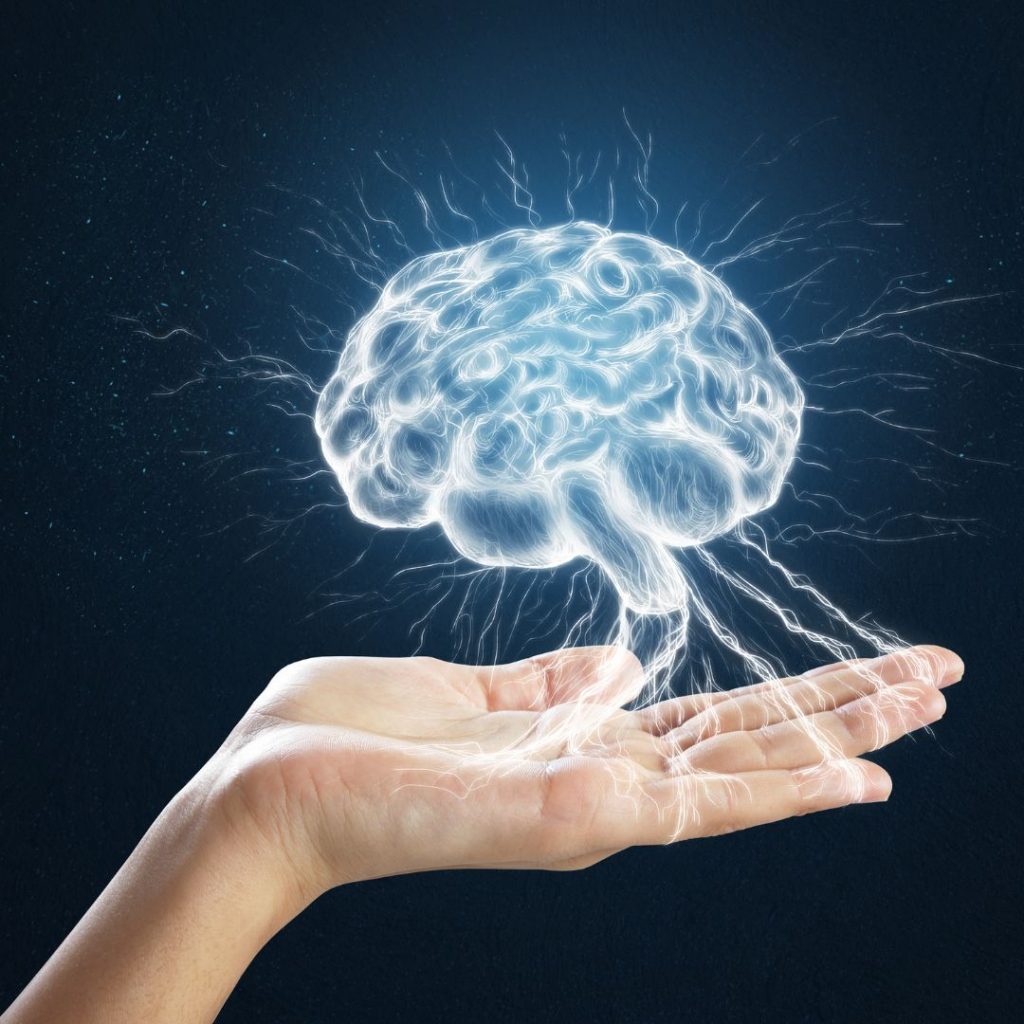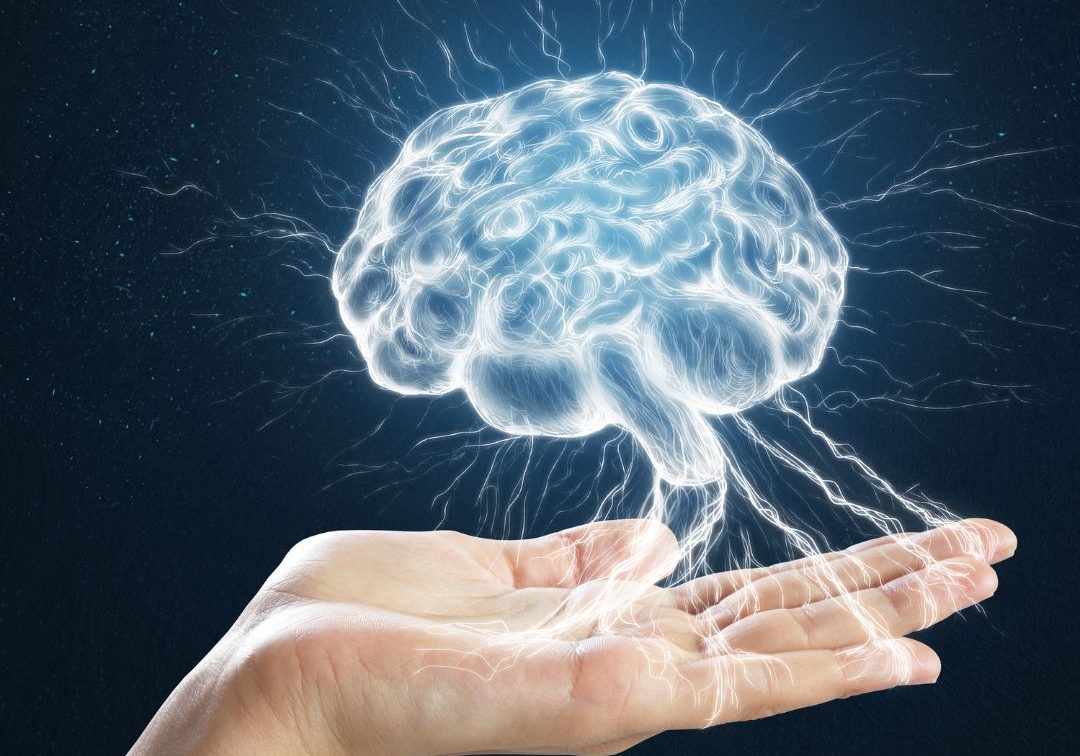Effects of Alcohol on the Body & Withdrawal Symptoms

The effects of alcohol aren't just restricted to specific organs or bodily functions - alcohol can have far-reaching consequences for the whole of your body. Alcohol misuse can lead to various short-term and long-term health problems, some of which can be life-threatening. From organ failure to addiction and mental health problems, sustained and unchecked alcohol consumption can wreak havoc on the body.
In this blog, we'll breakdown the various effects that alcohol misuse can have on the body, withdrawal symptoms of alcohol, and what you can do to help yourself or a loved one if you believe you might have a problem with alcohol.

Short-term effects of Alcohol on the body
Alcohol affects various organs and systems in the body. From main organs like the heart and liver to physiological functions like the digestive system, alcohol misuse can have a range of harmful short-term effects. Some of these include
- Effects on the brain: Alcohol significantly decreases our motor skills. Reaction time diminishes, hand-eye coordination becomes sluggish, and our judgment becomes impaired. This can lead to short-term memory loss and increased risk-taking behaviour.
- The Heart: Alcohol can massively increase one's heart rate and blood pressure. Over time, this can snowball into longer-term heart defects and blood-pressure problems.
- Stomach-issues: Alcohol stimulates acid production and general stomach irritation. This can lead to nausea and vomiting, which destabilises our digestive system and damages the oesophagus.
- Drowsiness: Alcohol can increase sleepiness and fatigue, destabilising our body clock.
- Mental Effects: As well as mood swings whilst under the influence, the mental effects of alcohol can be felt long after alcohol has left the body. Hangovers often entail anxiety, headaches, and malaise that can significantly impact our mental health.
Although these effects are only short-term, over time, continued bouts of consumption can snowball into a host of longer-term effects that can put an individual at risk of serious health problems.
Long-term effects of alcohol on the body
Even if the short-term effects of alcohol are ridden-out, the long-term effects of continuous alcohol consumption can be far-reaching, and in some cases, life-threatening. Long-term effects of sustained alcohol consumption include:
- Heart-problems: Increased risk of higher blood pressure and cholesterol levels overtime, putting you at greater risk of heart disease, stroke, and cardiomyopathy.
- Liver problems: Increased risk of liver damage, cirrhosis, and liver cancer.
- The digestive system: Increased risk of ulcers and gastrointestinal cancers.
- The Immune system: Alcohol greatly affects our immune system, weakening its function and putting the body at risk of countless diseases and illnesses.
- The brain: Increased risk of brain damage, memory loss and insomnia.
- Mental health problems: The long-term effects of alcohol aren't always physical, but also mental. Continued alcohol consumption can lead to an array of serious mental health issues, including anxiety, depression and addiction to alcohol.
These effects can vary significantly depending on the individual's drinking habits, overall health, and the duration of alcohol use. If you or someone you know is struggling with an alcohol problem, seeking professional medical advice and support is crucial.
Here at New Leaf Recovery, we treat a number of patients who either have an addiction to, or dependency on alcohol. We understand the detrimental effects that alcohol can wreak on both mind and body, and the destabilising effect this can have on someone's life and overall wellbeing.
We also understand that recovering from alcohol addiction is not a destination, but a journey. Many of our patients experience a range of withdrawal symptoms of alcohol when undergoing treatment. These symptoms can often be as severe as the effects of alcohol itself, and so expert guidance is needed to help individuals successfully navigate these symptoms.
Mild Withdrawal Symptoms of Alcohol
Withdrawal symptoms of alcohol can vary in severity depending on the individual's drinking habits and the duration of their consumption. However, some of the most common withdrawal symptoms include:
- Anxiety
- Tremors (shaking hands)
- Insomnia
- Nausea and vomiting
- Palpitations (rapid heartbeat)
If you experience any one of these symptoms after going 24 hours or more without a drink, it could be a sign that you are dependent on alcohol. Such symptoms should therefore not be taken lightly, and you should seek support.
Moderate Withdrawal Symptoms of Alcohol
More moderate and dangerous withdrawal symptoms can include:
- Increased heart rate and blood pressure
- Fever
- Mental confusion
- Irritability and mood swings
If you experience any one of these symptoms after a sustained period without a drink, it could be a sign that you are addicted to alcohol and should seek urgent medical and professional help.
Severe Withdrawal Symptoms of Alcohol
Some of the most severe withdrawal symptoms of alcohol can include:
- Delirium Tremens (DTs): Severe confusion, hallucinations, agitation, and disorientation
- Seizures
- Severe autonomic instability (rapid changes in blood pressure and heart rate)
- Auditory and visual hallucinations
- Severe tremors
If you experience any one of these symptoms, it is a clear sign that your body is struggling with withdrawal of alcohol. These symptoms can be life-threatening, and so it is paramount that you seek urgent medical attention and seek professional guidance to help you recover.
Support for Alcohol Addiction at New Leaf
Alcohol addiction is a complex issue with far-reaching consequences for both your physical and mental health. The effects of alcohol on the body can be devastating, from short-term impairments to life-threatening long-term conditions. Withdrawal of alcohol can also be a highly dangerous process.
At New Leaf Recovery, we understand the challenges individuals face when trying to overcome alcohol addiction. Our comprehensive rehabilitative treatment programmes are designed to address the root causes of addiction and provide the support needed for sustained recovery. We offer a safe and nurturing environment where individuals can detoxify under medical supervision, managing withdrawal symptoms effectively. Our experienced team of professionals provides tailored care, including therapy, counselling, and aftercare planning, to help individuals rebuild their lives and achieve long-lasting sobriety.
If you or someone you know is struggling with alcohol addiction, please don't hesitate to reach out to New Leaf Recovery. We are here to help.
Oops! We could not locate your form.
Receive a Free Call Back
"*" indicates required fields
Our Complete Recovery Journey - from your initial enquiry, all the way through treatment and beyond into ongoing support, New Leaf Recovery are there to guide and support you.
New Leaf offers a complete journey of treatment - from initial detoxification and rehabilitation to ongoing support, including aftercare, family support, and beyond into long-term recovery.
Getting the right accommodation enables us to provide the right backdrop for our recovery methods. Any form of rehabilitation needs to happen in a safe, comfortable, secure and friendly environment.
Receive a Free Call Back
"*" indicates required fields










